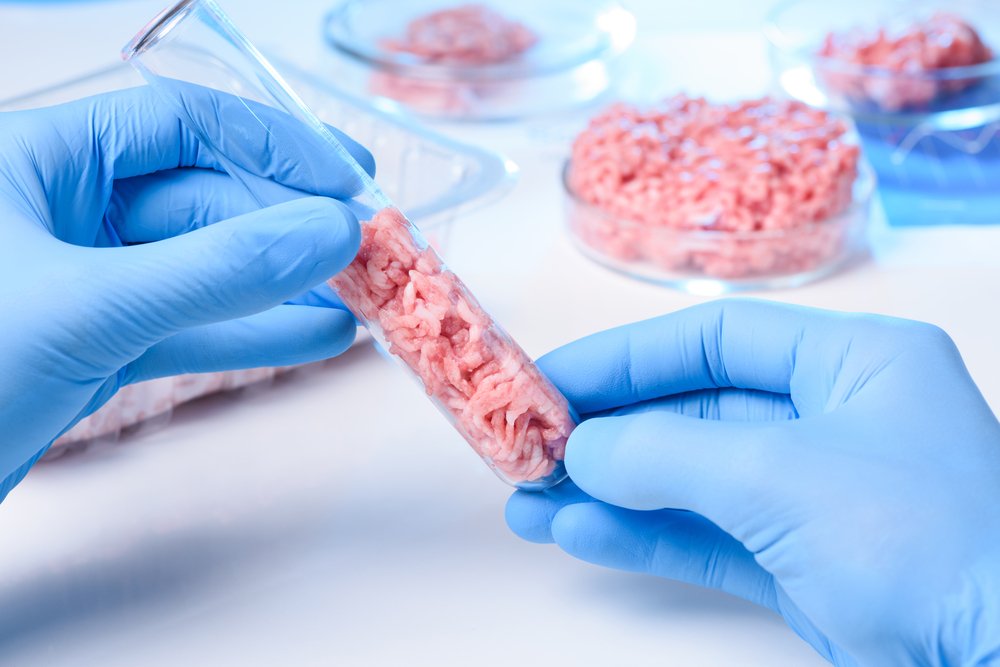In the world of science, there is a growing focus on creating a new type of food. Rather than growing animals for slaughter, it involves growing chicken, meat, and even fish inside a laboratory. While some people would expect this food to taste bland or even horrible, it seems the reality is very different. With meat, fish, eggs, and even dairy now coming out of a lab, an interesting future awaits.
Growing Food Inside a Lab Remains Strange
Most people would not see the appeal of lab-grown food over regular produce bought in a store around the corner. If people don’t know the exact origin of their food, it is doubtful few will question its nature. However, there is a clear difference between veggies and meat, for instance. The same applies to any edibles coming out of a lab, even though that’s changing rapidly.
We have seen previous attempts at growing meat inside a lab. Rather than using animals directly, scientists are tackling this industry from a completely different perspective. Growing meat in Petri dishes sounds very troublesome, but there is a lot of merit to this approach. All it takes is a small biopsy of meat that we know and eat today in order to isolate the cells needed. Once those cells are cultured, we are looking at a virtually limitless supply of meat moving forward.
Lab-grown burgers came to market some time ago. Some of the first efforts date back to 2013, even though there hasn’t been any real global demand for lab-grown meat just yet. It is expected we will see more of these products hit the market before 2020. The benefit of this approach is simple: we can finally envision a world where clean meat becomes the new normal. Although initial startup costs for such ventures are quite steep, they can be repaid rather quickly if consumers take a liking to these products.
It is also worth mentioning that scientists are looking well beyond meat these days. Lab-grown poultry, for example, is something a lot of companies are more than willing to explore. Tests with both chicken and duck have been completed successfully, albeit within a controlled environment. A sustainable solution for food production must be found sooner or later. Our planet simply can’t support the massive quantities of meat, chicken, and other edibles we all need on a daily basis.
Beyond meat and chicken, we’re also seeing initiatives focusing on dairy. It may sound odd to grow milk, eggs, and cheese within a lab environment, but it seems this is more than possible. Everything looks and feels like the genuine product, yet the eggs are basically egg-less, as are the dressings. Vegan cheese is also becoming more commonplace, which is another peculiar trend. As long as producers can get the taste and smell right, few people will actually notice a difference.
One market left to conquer is the seafood industry. On paper, this should be a lot easier than meat, poultry, or even dairy. However, there is still a lot of work to be done in this regard. The current way of fishing and using caught fish is not sustainable for much longer. A plant-based version of tuna already exists in the US, and we may see similar efforts in Japan later this year. Lab-made fish will come to market a lot sooner than people think, which can only be considered a good thing.

